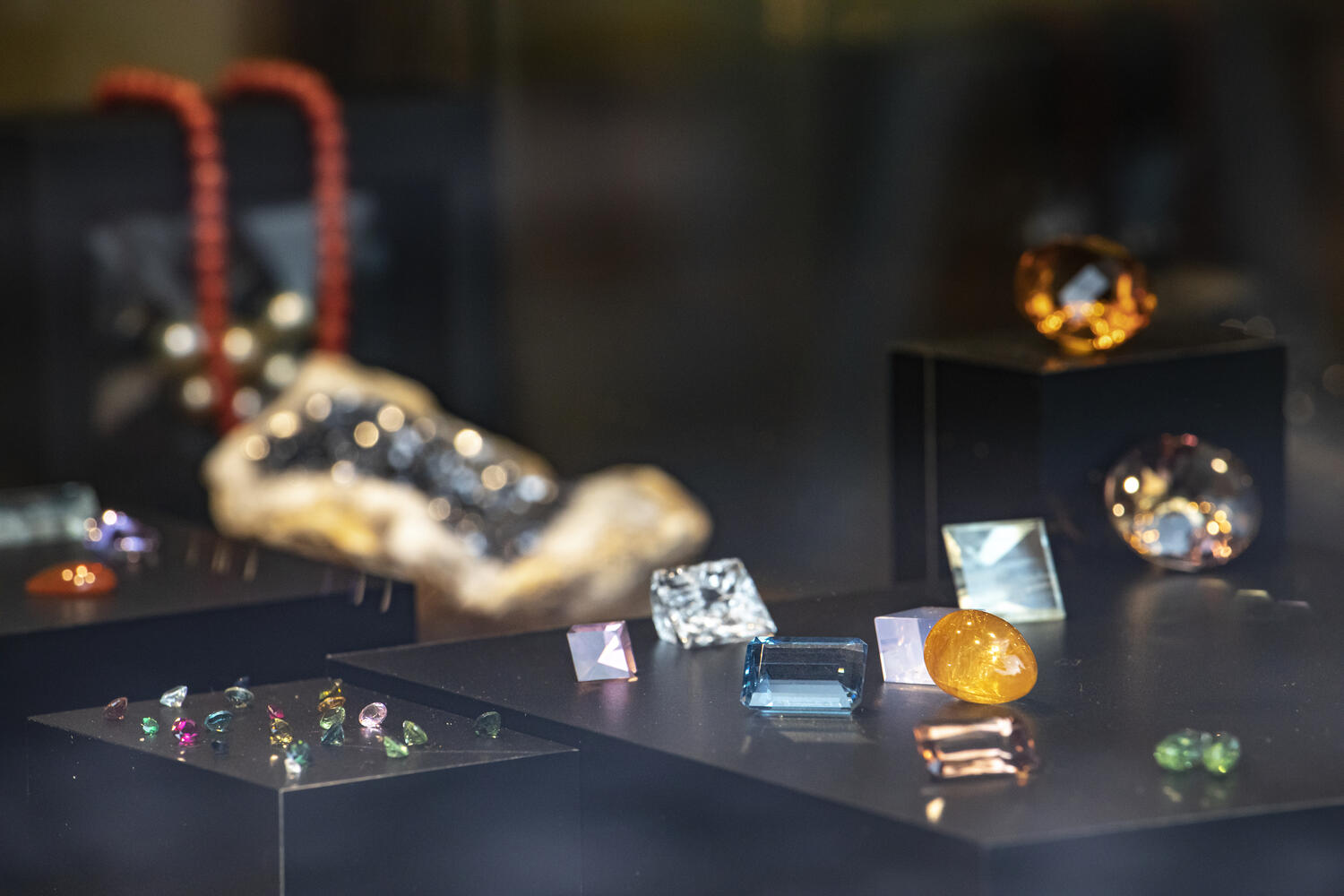A Comprehensive Guide to Buying and Exporting Precious Metals, Gems, and Jewelry from Burundi
A Comprehensive Guide to Buying and Exporting Precious Metals, Gems, and Jewelry from Burundi
Precious metals, rare gems and natural or lab-grown diamonds, and finished jewelry are all great exports from Burundi. Once you’ve identified the right opportunity for your business, it’s time to get down to logistics. It’s not as simple as packing up some suitcases filled with raw materials. You need to become a licensed dealer of these goods, find suppliers that aren’t in competition with you, secure a shipping company that can handle these sensitive valuables and ask the right questions of your potential suppliers. These articles will help you get started on exporting precious metals, gems and jewelry from Burundi. They’ll provide insight into the process of buying and selling these items internationally as well as specifics about exporting them from Burundi specifically.
How to Find and Import Precious Metals, Gems, and Jewelry
First, before you even start looking for export opportunities, you must find out where your competitors are sourcing their products. Are they buying from nearby countries or overseas? Are they using online marketplaces or visiting physical trade shows? Once you’ve identified the usual outlets, you can start visiting trade exhibitions, connecting with online sellers, or setting up appointments with local suppliers. There are three basic steps to finding an appropriate supplier. First, you must figure out what your core product should be. It could be gold, silver, diamonds, or something else. Second, you must identify the best and most cost-effective way of acquiring those goods. And third, you need to decide how to sell your product once you have it in your possession.
Exporting Precious Metals
If you’re planning on exporting precious metals from Burundi, you’ll first want to determine whether you plan on exporting in bulk or by the piece. If you’re exporting in bulk, you’ll likely want to resell your metal in bars or ingots that can be easily melted and used to create other items. You can set these up as a contract with a buyer to maintain control over the price. Depending on the type of metal you’re exporting, you may be able to sell in the form of minted coins or bars, which are pre-determined weights and have a set value. You may also be able to sell in the form of jewelry, such as necklaces, bracelets, or rings. If you’re exporting a precious metal by the piece, it’s even more important to be able to determine the price. You want to set a price that is competitive with other loose precious metals that are being sold by the gram and the ounce.
Exporting Natural Diamonds
If you’re exporting natural diamonds from Burundi, you’ll first want to determine where they came from. Diamonds are sourced from one of two places: the Kimberley Process (KP) or the non-KP. If you’re exporting diamonds that came from the KP, you’ll likely sell them to a jeweler or a company that is setting up a diamond-encrusted product such as a ring or a watch. If you’re exporting diamonds that didn’t come from the KP, you’ll want to sell them as loose, unset gems. You’ll be able to sell them at a higher price, but you’ll also have less control over how they’re marketed.
Exporting Lab-Created Diamonds
If you’re exporting lab-created diamonds from Burundi, you’ll want to make sure you’re targeting the right market. You can sell them to jewelers who are creating items such as rings and bracelets or you can sell them to investors who will resell them or use them in another product. Because they’re artificially created, lab-created diamonds have a lower value than natural diamonds. You can sell them in loose form or as set rings or bracelets.
Exporting Finished Jewelry
If you’re exporting finished jewelry from Burundi, you can sell it to jewelers who will resell it as is or you can sell it to companies that are creating their own line of jewelry.
Takeaway
Precious metals, diamonds, and jewelry are valuable commodities that can earn you a profit on the export market. It’s important to determine whether you should export in bulk or by the piece and to identify the best markets for your goods. Once you’ve identified the right product, it’s time to start sourcing suppliers. It’s not as simple as finding someone who’s selling what you want at a good price. You need to become a licensed dealer to buy and sell these goods legally and you need to find suppliers that aren’t competing with you. Once you’ve identified appropriate suppliers, it’s time to find a shipping company that can handle these sensitive valuables and has a good track record with importers and exporters.








LEAVE A COMMENT
You must be logged in to post a comment.